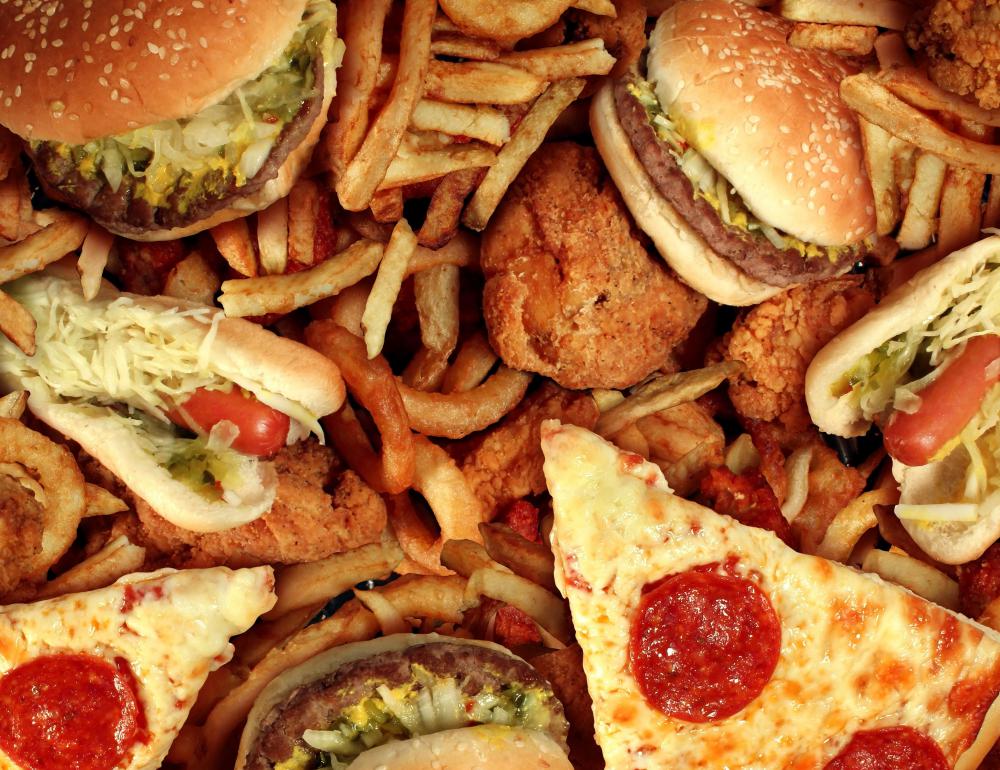Mental health and sugar..We've all been there. After a stressful day, when our mood is low, it is easy to reach for a tub of ice cream or similar sugary treat. But evidence of the link between sugar and mental health is mounting - and it's not just sweets that rack up our daily sugar intake.
Last week, Medical News Today reported on a study published in the journal Scientific Reports that identified a greater risk of depression among men who consumed significant amounts of sugar in their diet. One might argue that feeling depressed may lead to increased sugar consumption, rather than the other way around. However, what was really interesting about this study was that the researchers, from University College London Institute of Epidemiology and Public Health in the United Kingdom, used a mathematical model to exclude exactly that: a phenomenon they called reverse causation.
Using data from the Whitehall II study - a large group of civil servants in the U.K. - they showed that sugar consumption came before depression, rather than being a consequence of it. So while there is an increasing number of studies looking at the implications of diet on mental health, it is difficult to study the exact causes and mechanisms that link the two.
What is the evidence? And how can sugar, such a simple molecule, wreak such havoc in our brains? Well, consumption of processed and fast food - including hamburgers, pizza, and fried foods - was found to be higher in both youngsters and adults with increased rates of depression. Likewise, female U.S. seniors with high levels of sugar in their diet had greater rates of depression than those who consumed less sugar. Sugar-sweetened beverages, especially soft drinks, have increased in popularity and are now consumed around the world.
While these studies did not set out to find the biological mechanism by which sugar affects mental health, they add to the body of evidence reporting on the link between the two.
Sugars are simple carbohydrate molecules. While being essential for cell and organ functioning, our bodies have sophisticated machinery to break complex carbohydrate molecules into simple sugars.
It, therefore, does not need to be added to the diet, and the American Heart Association (AHA) state that "our bodies don't need sugar to function properly." What is really important is that our bodies do not differentiate between sugars from different sources. Whether it comes from white sugar, honey, molasses, corn syrup, concentrated grape extract, fruit, or milk, our bodies use the sugar in exactly the same way.
The AHA recommends a daily limit of 6 teaspoons of sugar for women and 9 teaspoons for men. To put that into context, a can of Coca-Cola contains 8.25 teaspoons of sugar, while a small banana contains 3 teaspoons.
Cutting sugar from our diet may be easier said than done; we are bombarded with advertisements for convenience foods and tasty treats. But even seemingly healthful foods can have high levels of hidden sugars. These culprits include breakfast cereals, sauces (including ketchup and pasta sauce), flavored milk, whole-meal bread, and many products labeled as low fat, such as fruit yogurts. Smoothies and fruit juices for children were in the spotlight last year in an article published in BMJ Open. High sugar levels have also been reported in baby and toddler food products.
The best way to keep tabs on sugar consumption is to become familiar with nutritional labels. While the list of ingredients might claim no added sugars, the nutrition facts panel will show the number of carbohydrates and sugars in the product.
What is the evidence that cutting down on sugars will have health benefits? Well, studies have indicated that individuals who experience depression benefit from eating a healthful diet.
Importantly, choosing foods that are low in refined ingredients, such as sugar, but high in omega-3 fatty acids, vitamins, and minerals can relieve the symptoms of depression. Scientists think that the power of these foods lies in promoting good brain health.
The next time a low mood threatens to spoil your day, remember where sugar is hidden in plain sight and look to other tasty treats to lift you out of the doldrums.









0 comments:
Post a Comment